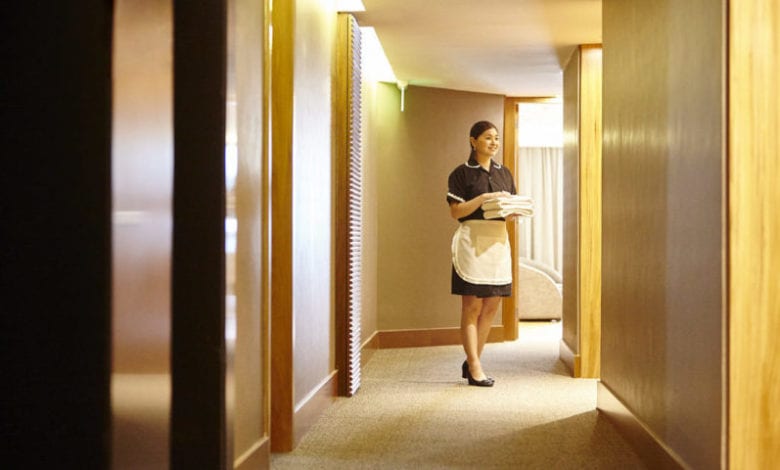Hospitality sector found to have highest number of underpaid staff

The hospitality sector was estimated to have the highest number of staff who were paid less than minimum wage, accounting for 54,000 jobs.
This is according to a report by HMRC as part of the government’s investigation and initiative to clampdown on employers underpaying their staff.
HMRC said it achieved “record enforcement” results this year, identifying £15.6m of underpayments. The number of workers identified as underpaid was double that in 2016/17 and the highest number since the National Minimum Wage came into force. In every case, the government instructed employers to repay their workers.
Over the past year, 56 employers took advantage of a HMRC pilot scheme where they were encouraged to come forward outside of an investigation, which resulted in nearly £250,000 in arrears being declared for just under 700 workers.
The year also set a new record for penalties issued by the government, with £14m in fines issued to employers. More than 600 employers who were found to have underpaid their workers the minimum wage were named in 2017/18. This is the largest number in any single year since the scheme began in 2014.
Business minister Kelly Tolhurst, said: “We are dedicated to stopping underpayment of the minimum wage. Employers must recognise their responsibilities and pay their workers the money they are entitled to. The UK’s lowest paid workers have had the fastest wage growth in 20 years thanks to the National Living Wage and today’s figures serve as a reminder to all employers to check they are getting their workers’ pay right.”
Low Pay Commission chairman Bryan Sanderson added: “All workers are entitled to be paid at least the minimum wage, so it is good to see increased focus on enforcement bearing fruit and securing more arrears for more workers. Awareness of the minimum wage is vital for workers and employers alike, and strong enforcement is critical to its success.”
Funding for minimum wage enforcement has reached record levels, rising to £26.3m in 2018/19 from £20m in 2016/17.









